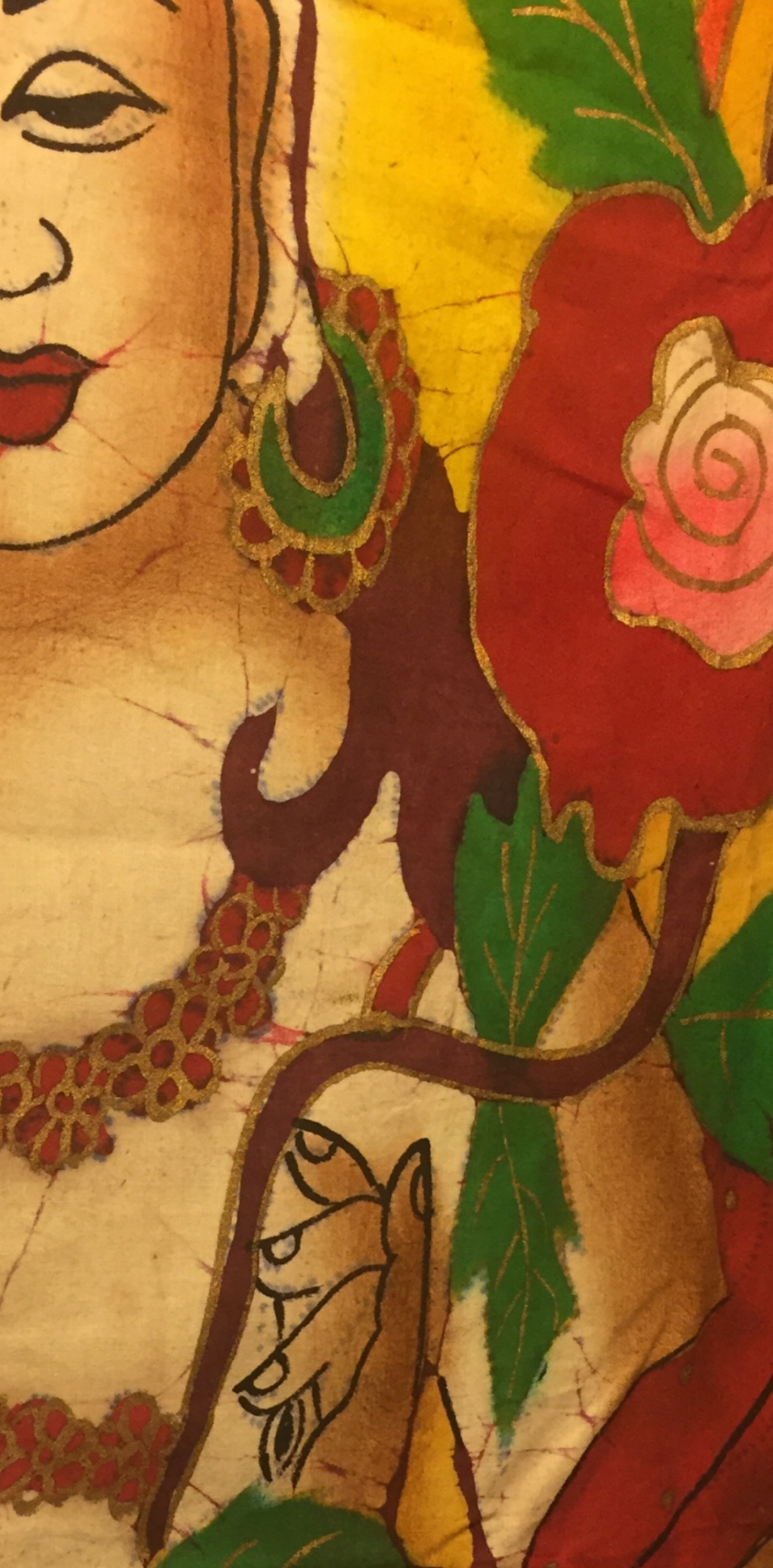Shephards purse (Capsella bursa-pastoris) Brassicaceae (mustard family - cabbages)
Identification: White flowers. Basil rosette. flat heart-shaped green fruits along inflorescence stalks.
Taste/impression: much like a radish - spicy.
History/Fun fact: 2nd most common weed in the world. Super medicine - Used by medics during World War 1 to stop bleeding.
Benefits:
Vasoconstrictive/ coagulant properties - one the best remedies for preventing and stopping internal and external bleeding.
Female affinity:
Shepherd's Purse has long been a specific treatment for excessive menstrual flow caused by conditions such as fibroids, endometriosis and pre-menopausal menstruation.
Childbirth aid - during & after childbirth in women to help with bleeding issues - bleeding after miscarriage, post-partum hemorrhage.
oxytocic - works with oxytocin - It has a protein that acts like oxytocin (love hormone) - aid in bonding mother and baby.
Diuretic/Urinary antiseptic- Boost volume of urine when you urinate because of its diuretic properties. Aids in the elimination excess uric acid and purin - making it useful for treating gout and other rheumatic conditions. Cul de sacs of the body- big toe, uterus, eyes.
Mustard oil constituents make it healing to the digestive tract – reducing gas, bloating, and inflammation aiding in relief from diarrhea and hemorrhoids.
Decreasing capillary permeability - useful both external/ internal for the treatment of varicose & spider veins.
External - It can be used topically as pulstice to lacerations to stop bleeding and help the healing process to begin. On the skin, it has also been used to help with eczema and rashes. Vulnerary medicinal herb to treat nose bleeding by applying the juice by using a cotton ball in the nose or glycerite tincture.
Chickens love it! yolk to change color/ stronger taste
Traditional dishes throughout China, Japan, and Korea. stir-fried, rice cakes, wonton fillings
TCM to brighten the eyes. Treat common eyesight problems blurriness or spots.
Contraindications: Those with kidney conditions – particularly kidney stones – should avoid using this plant. Not for periods longer than 2-3 months or high dosage for longer than 2 weeks.
Not for use in pregnancy/ breastfeeding. Use only during labor. Anticoagulants; (Coumadin, Aspirin), Warfarin. Avoid if allergies to plants of the family Brassicaceae (cabbages).

